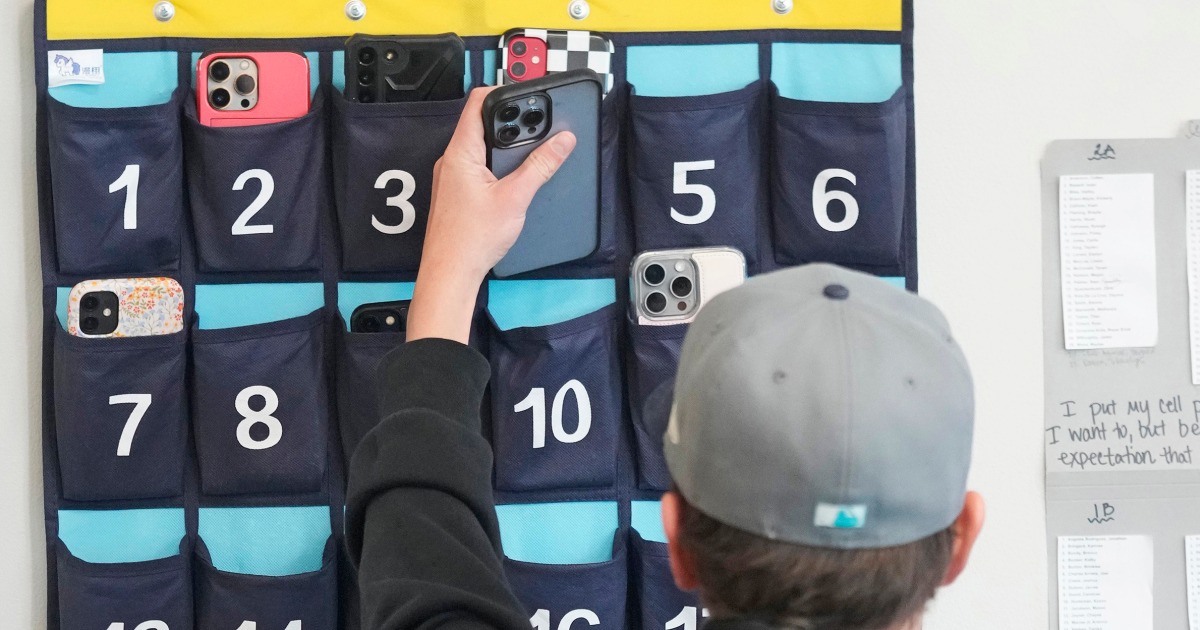In California, a high school teacher complains that students watch Netflix on their phones during class. In Maryland, a chemistry teacher says students use gambling apps to place bets during the school day.
Around the country, educators say students routinely send Snapchat messages in class, listen to music and shop online, among countless other examples of how smartphones distract from teaching and learning.
The hold that phones have on adolescents in America today is well-documented, but teachers say parents are often not aware to what extent students use them inside the classroom. And increasingly, educators and experts are speaking with one voice on the question of how to handle it: Ban phones during classes.



Note taking via typing has been shown time and again to result in worse comprehension than manual note taking.
That’s a good point. However I would argue it really depends on the individual student. Just because a majority of students might do better with handwritten notes, doesn’t mean we have to take away the ability for a student to type notes. That seems similar to forcing a left handed student to write with their right hand.
I personally feel that taking notes is a distraction to my own learning. And a retain more information if I just watch a lecture intently. I do record / use speech to text to make notes after the fact however.
But let’s go with that idea that students should be taking notes in class. As if they were then they couldn’t be distracted by a smartphone. So maybe a teacher could have a policy of just checking notes.
Perhaps better yet would be a policy of quizzing the students at the end of class? I guess that might depend on how much time is left in a lession though.
We are not talking about typewriters